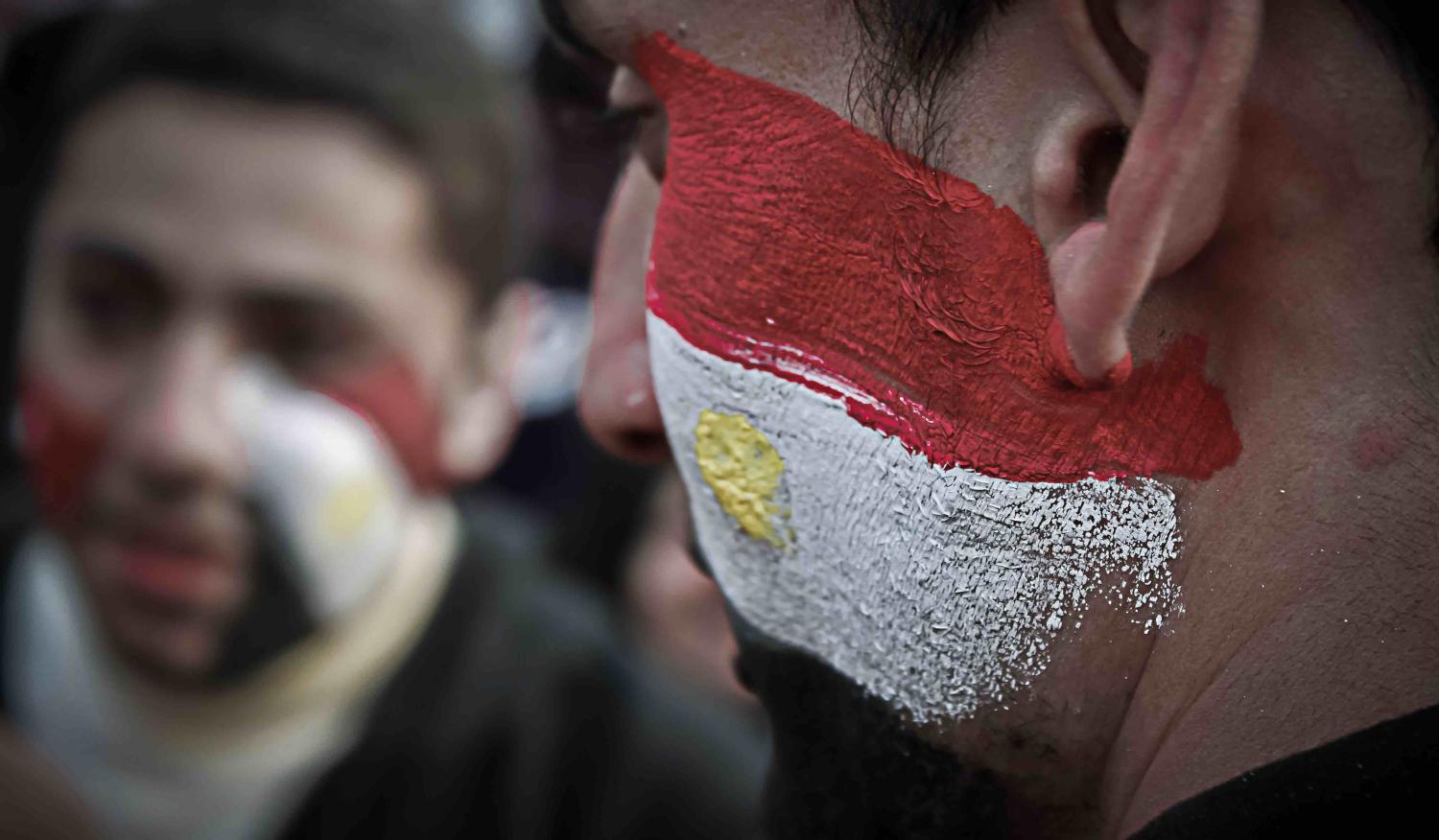Research on the Middle East, where wars are being waged between and within all sides, is already rich with discussion about where things have gone wrong.
Arguably, Anthony Bubalo’s Remaking the Middle East provides an unpopular future perspective amid the more racy and immediate discussions around realpolitik and military warfare. His outlook, however, is a much-needed injection of perspective.
In a region where demographics are deemed a mere footnote, and “soft power” issues of civil society and women’s empowerment are scoffed at as “donor requirements” by a policy field filled increasingly with former military officers, Bubalo provides strong evidence of and support for a renewed theory of change to address challenges in the Middle East.
The first half of the book, titled “Decay”, reflects on decades of bad practices in the Middle East, endemic corruption that slowly seeped into the social fabric, and a closed public space that banned open dissent. This recap of a widely agreed upon state of affairs provides evidence of the various factors that contributed to the eventual collapse of the social contract between citizen and state across the region, culminating in the uprisings of 2011 and subsequent civil conflicts.
For avid followers of the Middle East, “Decay” won’t change previously held convictions about what led to the events of 2011, nor does it intend to. What we have is a confident and timely historical rundown of the years that fomented the rise in public dissent, frustration, and the eventual explosion of citizens’ anger targeted on their leaders.
Rather, it is the second half of the book, “Green Shoots”, that requires the most attention and, indeed, deserves real praise. Looking at various aspects of social development, cohesion, and reconciliation, Bubalo focuses on issues of refugees, displacement, gender equality, civil society, and youth, not only to sound early warnings on issues that require immediate attention, but also to provide much-needed hope for the region.
For many people, the Middle East is lost, filled with only violence, illiteracy, and desperate poverty fuelled by immovably corrupt leaders. Many of the region’s commentators and policy wonks, notably in the West, are fatigued and have run out of ideas about how to “fix” the region following eighteen years of intense violence, terror, and war.
Superficially, the region is seen through the pragmatism of national security; the European Union sees it through the prism of a migration crisis; and the view of the US, and many of its allies, is coloured by a rhetoric of Islamophobia that has been growing since the 9/11 attacks and fallout from the 2003 invasion into Iraq.
Revisionist history has sought to rewrite events of the recent past, subverting responsibility to paint the region as primarily one where citizens and the state are only interested in killing each other and Western interventionists.
The issues of youth empowerment, gender equality, entrepreneurship, renewed social contracts, and strengthened civil society have never been at the forefront of agendas related to the region. Most Western partners within the international community continue to shrug their shoulders, suggesting that the nations not at war are held together by politics of the region and deep authoritarianism. Voices continue to be drowned out in a debate that rages either for or against military intervention.
However, it is precisely these social issues – raised so eloquently by Bubalo through extensive interviews and research conducted in countries across the region – that will decide the fate of the Middle East.
It is notable and important to have an experienced male voice, who has served in government and the foreign service, raising these topics that are largely associated with the young and women. Especially in relation to a region that is viewed through the lens of ISIS violence and the destructiveness of autocratic leaders’ policies.
The international community’s ability to support the Middle East in its fight to rebuild and create a better future for itself will depend solely on its understanding that military support is futile and exhaustive. Instead, widespread support for longer term development and the creation of a vibrant young, free, and equal society is the only way out of the current darkness.
Indeed, for a region where roughly 60% of the population is under the age of 30, the future lies in its youth. A youth that, contrary to growing public sentiment in our developed and democratic capitals, is not prone to violence merely because ISIS was created in their midst. Rather, the youth of the Middle East are empowered, connected, and ready to fight in the wake of 2011.
The euphoria of 2011 may have disappeared from the current psyche, and many may even be trying to erase its memory, but the region’s youth have not forgotten. Remaking the Middle East is a timely reminder of what truly remains at the heart of this eclectic, culturally rich, and vibrant part of the world.

